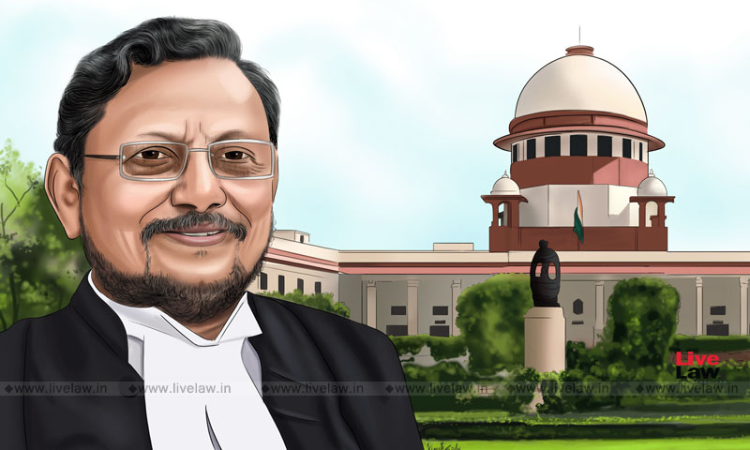Chief Justice Sharad Arvind Bobde, speaking at a virtual event on Thursday, stressed that the Indian Judiciary's use of Artificial Intelligence (AI) needed to be aligned with constitutional morality. On this theme, he asserted the need to ensure that AI no way impedes or undermines constitutional and legal rights afforded to Indians. "The Indian Judiciary's usage of AI must align with...

